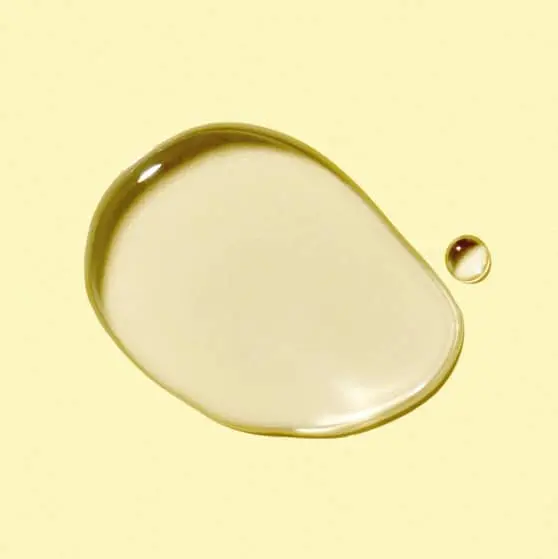Skin Tip Card 1
You experience oily skin when your pores produce excess sebum. This causes skin to look greasy and can be worsened by factors like diet, age and climate. Sebum helps protect and moisturize your skin, but too much can lead to oily skin!
1: https://www.aad.org/public/skin-hair-nails/skin-care/oily-skin
Skin Tip Card 2
The best skincare routine for oily skin includes washing your face in the morning, at night and after exercise, as well as hydrating daily with an oil-free moisturizer, regularly exfoliating with a pore-refining scrub and using blotting papers when needed.
2: https://www.aad.org/public/skin-hair-nails/skin-care/oily-skin https://www.aad.org/public/skin-hair-nails/skin-care/exfoliation
Skin Tip Card 3
When shopping for oily skin products, look for labels that say "oil-free" or "non-comedogenic," which means they won't clog pores. Some products will also include alpha-hydroxy acids, which are chemicals that help exfoliate dead skin cells.
3: https://www.aad.org/public/skin-hair-nails/skin-care/oily-skin https://www.aad.org/public/skin-hair-nails/skin-care/exfoliation
Skin Tip Card 4
The biggest no-no's for oily skin concern your daily habits! Regularly touching your face with your fingers, skipping showers, choosing to wear oily makeup (and forgetting to take it off at the end of the day) are all ways to exacerbate oily skin conditions.
4: https://www.niams.nih.gov/health-topics/acne#tab-living-with
Skin Tip Card 5
Whereas dry skin is often too sensitive for harsh exfoliants, oily skin requires more potent methods of exfoliation. If you tend to experience high levels of sebum production, you may benefit from using a microdermabrasion brush three times per week.
5: https://www.asds.net/Skin-Experts/Skin-Treatments/Microdermabrasion

